Ministry of Foreign Affairs (MFA)
MFA cooperates, upon the request of the competent Bulgarian authorities, in all activities where contact is required with the diplomatic or consular representation of the country of origin of a trafficked person, whether in Bulgaria or a third country. If the trafficked person needs crisis intervention, consular officers refer them to the competent institutions and organisations in the country of destination.
Ministry of Health
Victims of trafficking may use the services of the healthcare system under the terms and procedure in place for the rest of the citizens in line with the current regulatory provisions for healthcare outside/within the scope of mandatory health insurance. Logistic support for access of trafficked persons to medical care is provided via the Regional Healthcare Inspections (RHI).
Hotlines
Hotline counsellors can provide emergency emotional support to victims of trafficking and their families and relatives. In a situation of crisis, they can help them think about an action plan for escape from the situation of trafficking and provide them with contact information of organisations and institutions (hotlines in the region/country of destination, addresses of Bulgarian embassies and consulates, contacts with service providers, police, etc.). Hotlines often work 24 hours a day. They can ensure immediate referral to the crisis centres and specialised shelters. Hotline counsellors inform the trafficked person about the right to benefit from a one-month reflection period. The victims and their relatives can receive detailed information about the rights and possibilities available to them under the Bulgarian legislation. Counsellors perform referral to appropriate service providers, legal advisors and lawyers. All interventions are recorded in the call sheet.
Centres for victims of violence and shelters for victims of trafficking
Crisis centres and shelters can organise immediate accommodation of victims of trafficking at any time of day or night. Crisis intervention is carried out in accordance with established procedures and standards. Centres and shelters provide accommodation and organise psychological and social support for the victims of trafficking during the reflection period through other social services. Any measures taken are recorded in the support plan.
International Organisation for Migration (IOM)
IOM carries out and coordinates the return of a trafficked person as well as the whole process of protection and re-integration that follows the return. Where necessary, IOM informs all institutions and organisations that may be involved in the case. The crisis intervention is performed even before the victim’s return to the country by IOM specialists in the country of destination or by partner organisations. Every case is dealt with independently and a reflection period is applied in view of the condition of the trafficker person. The case manager familiarises the victim with the possibilities for support and re-integration in the country of origin.
Health without Borders Association / Sexual Health Centres
The centres offer free medical examinations and treatment of sexually transmitted infections and testing for HIV/AIDS.
National Legal Aid Bureau (NLAB)
Trafficked persons accommodated at crisis centres and shelters have the right to free legal aid which is provided by NLAB.
NGOs providing legal services
NGOs provide free legal services in relation to the reflection period for victims of trafficking in the frramework of different programmes funded from state and other funds.
